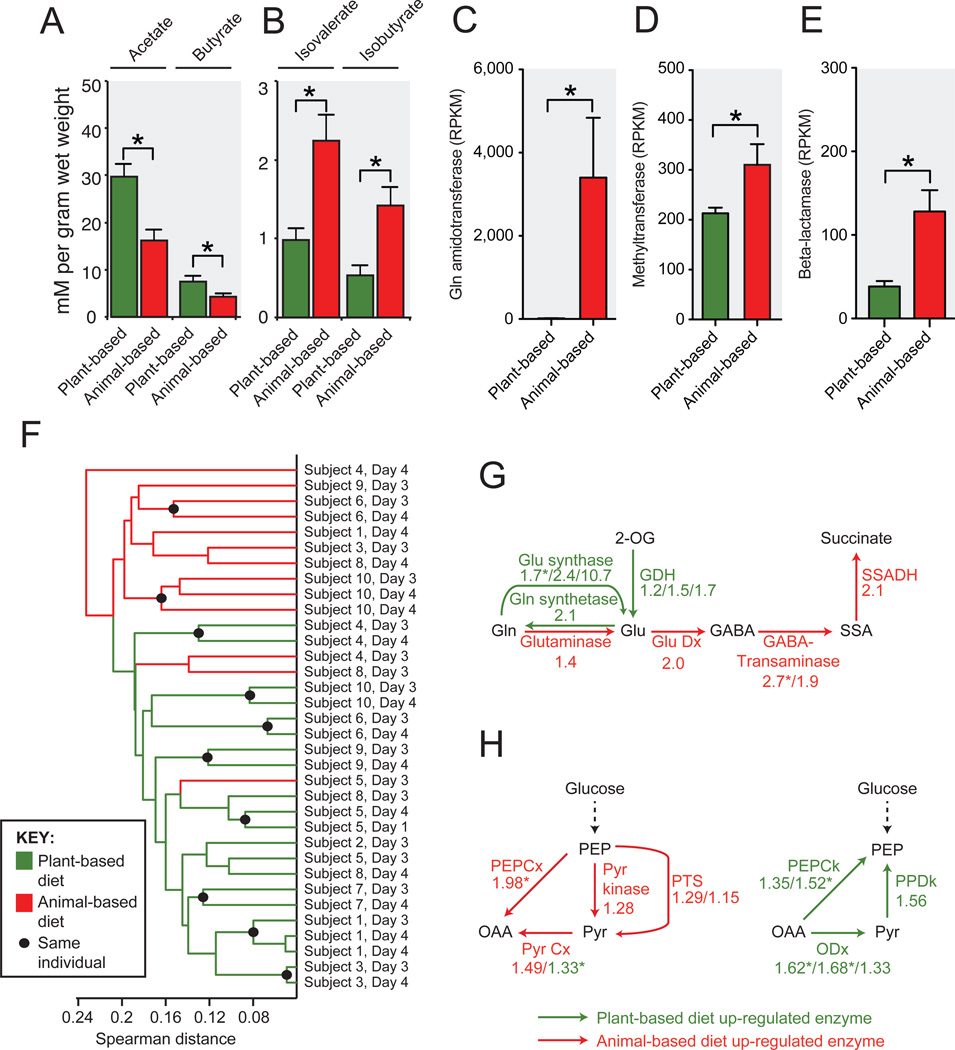Fig. 3. Diet alters microbial activity and gene expression.
Fecal concentrations of SCFAs from (A) carbohydrate and (B) amino acid fermentation (*p<0.05, two-sided Mann-Whitney U test; n=9–11 fecal samples/diet arm; Supplementary Table 11). The animal-based diet was associated with significant increases in gene expression (normalized to reads per kilobase per million mapped, or RPKM; n=13–21 datasets/diet arm) among (C) glutamine amidotransferases (K08681, vitamin B6 metabolism), (D) methyltransferases (K00599, polycyclic aromatic hydrocarbon degradation), and (E) beta-lactamases (K01467). (F) Hierarchical clustering of gut microbial gene expression profiles collected on the animal-based (red) and plant-based (green) diets. Expression profile similarity was significantly associated with diet (p<0.003; two-sided Fisher’s exact test excluding replicate samples), despite inter-individual variation that preceded the diet (Extended Data Figs. 6a,b). Enrichment on animal-based diet (red) and plant-based diet (green) for expression of genes involved in (G) amino acid metabolism and (H) central metabolism. Numbers indicate the mean fold-change between the two diets for each KEGG orthologous group assigned to a given enzymatic reaction (Supplementary Table 17). Enrichment patterns on the animal- and plant-based diets agree perfectly with patterns observed in carnivorous and herbivorous mammals, respectively2 (p<0.001, Binomial test). Note: Pyr Cx is represented by two groups, which showed divergent fold-changes. Asterisks in panels C-E and G,H indicate p<0.05, Student’s t test. Values in panels A-E are mean±sem. Abbreviations: glutamate dehydrogenase (GDH), glutamate decarboxylase (Glu Dx), succinate-semialdehyde dehydrogenase (SSADH), phosphoenolpyruvate carboxylase (PEPCx), pyruvate carboxylase (Pyr Cx), phosphotransferase system (PTS), PEP carboxykinase (PEPCk), oxaloacetate decarboxylase (ODx), pyruvate, orthophosphate dikinase (PPDk).

